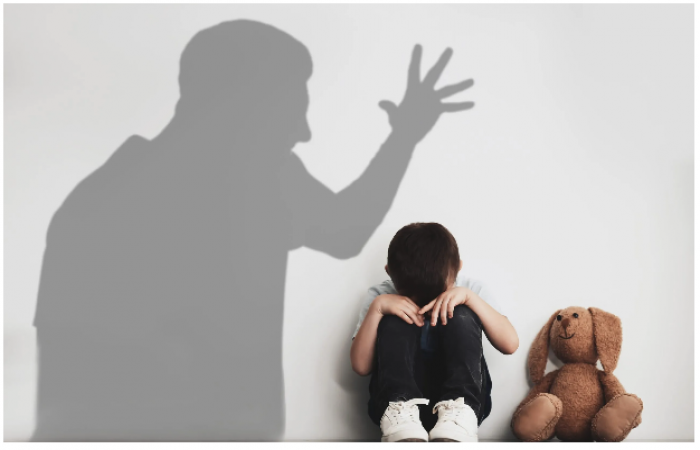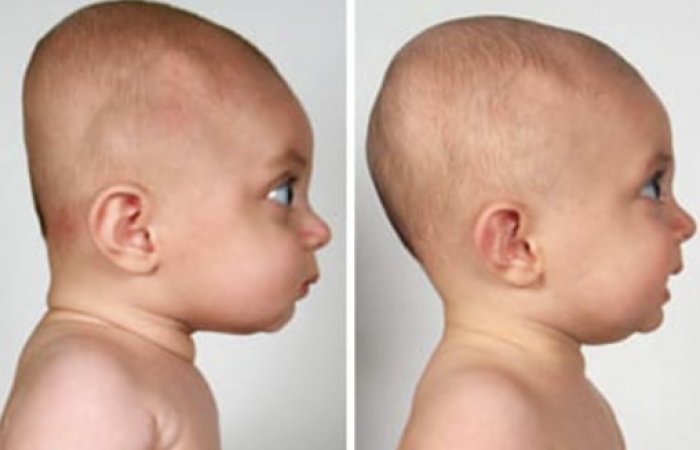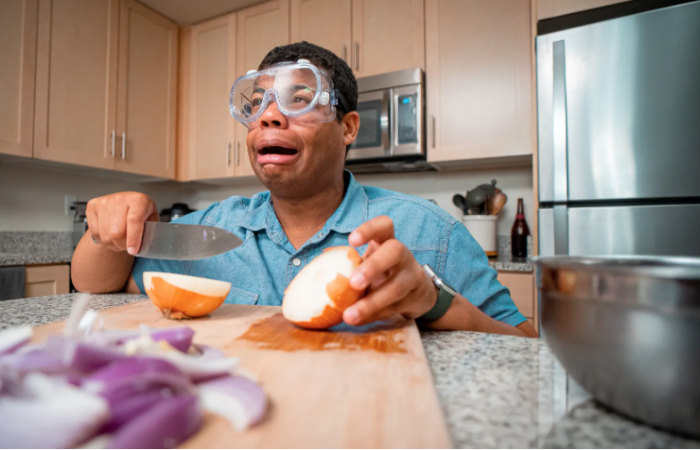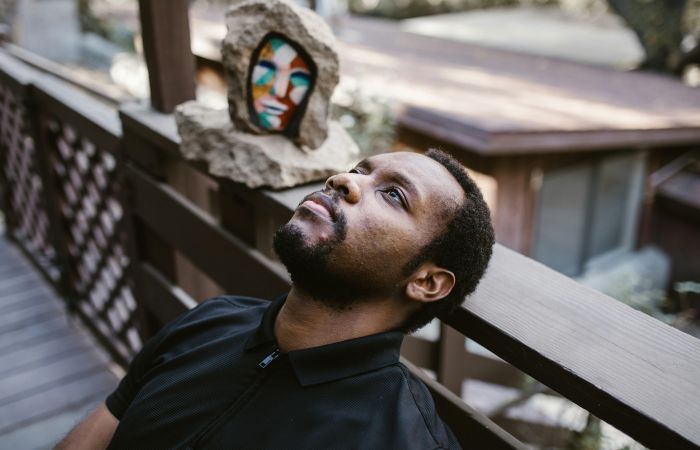
7 Signs of Sexual Abuse in Little Boys
Sexual abuse is a devastating reality that affects children of all genders, yet there can be a societal bias toward protecting girls more vigilantly than boys. Because boys are often encouraged to be tough, independent, or even stoic, they might suppress signs of trauma or hide their vulnerability, which can make it harder to detect when they’re suffering. Here, we’ll discuss some of the common signs of sexual abuse in young boys, with the goal of empowering parents, guardians, and caregivers to notice and act upon them.
1. Behavioral Changes
- Sudden Withdrawal or Isolation: If a previously outgoing child suddenly becomes withdrawn, avoids social situations, or starts spending excessive time alone, it may indicate something troubling is happening.
- Aggressive or Defiant Behavior: Sometimes, boys may channel their feelings of violation and confusion into aggression, lashing out verbally or physically.
- Increased Sensitivity to Touch: Boys who have experienced sexual abuse may develop an aversion to physical contact, including hugs from trusted family members.
- Age-Inappropriate Sexual Knowledge: If a young boy exhibits an advanced understanding of sexual behavior or makes inappropriate sexual comments, it could be a sign of exposure to sexual activity or abuse.
2. Regression in Development
- Reverting to Earlier Childhood Behaviors: Boys who have been abused may regress, reverting to behaviors they had previously outgrown, such as bedwetting, thumb-sucking, or clinging to a parent.
- Sudden Fear of People or Places: If a child becomes inexplicably fearful of a certain person, place, or activity, it could be a sign of abuse. This might look like refusing to go to a specific friend’s house or having a meltdown when it’s time to go to school or daycare.
3. Physical Symptoms
- Unexplained Pain or Discomfort: Watch for physical complaints such as genital pain, bruises, difficulty sitting or walking, or signs of itching, bleeding, or infections in the genital area. While these symptoms can have many causes, they warrant immediate attention.
- Sleep Disturbances: Nightmares, difficulty falling asleep, or excessive fatigue during the day are often signs of emotional distress.
- Changes in Appetite: Abuse survivors may either lose their appetite due to anxiety or stress or begin overeating to cope with emotions.
4. Emotional and Psychological Symptoms
- Increased Anxiety or Phobias: Sexual abuse can lead to feelings of shame, anxiety, or guilt, which may manifest in heightened levels of anxiety, fearfulness, or even new phobias.
- Low Self-Esteem or Self-Harm: Boys who have been abused might blame themselves, feeling ashamed or worthless. This can lead to self-harm behaviors, such as hitting or scratching themselves, or even withdrawal from favorite activities.
- Loss of Interest in School and Play: If a child who once loved going to school, sports, or playgroups suddenly loses interest, something could be bothering him deeply.
5. Unusual Sexual Behavior or Play
- Sexualized Play or Language: Boys who exhibit sexualized behaviors in play or language—touching themselves or others in ways that are out of character for their age—could be attempting to process or act out something they experienced.
- Secretive or Compulsive Behaviors: Sometimes, abuse survivors exhibit repetitive or compulsive behaviors. They may seem "secretive" or begin engaging in actions they insist on doing in private.
6. Difficulty Trusting or Bonding
- Fear or Distrust of Certain Adults: If a boy seems excessively fearful around specific adults, especially those he once trusted, this could be a red flag. Pay close attention to how he reacts to these individuals, as he may be signaling distress without words.
- Difficulty in Forming Friendships: Abuse can impact a child’s ability to form secure, trusting relationships, so if a boy suddenly struggles with friendships or isolates himself from friends, it may be a sign.
7. Physical Aggression Toward Self or Others
- Self-Destructive Actions: Self-harm behaviors like hitting, biting, or pulling at his own skin may indicate inner turmoil or an attempt to cope with feelings he doesn’t understand.
- Aggression Toward Others: Sexual abuse survivors often deal with anger and frustration, which might be directed at others in the form of bullying, lashing out, or explosive anger over small issues.
Spotting the signs is the first step in helping protect boys from abuse and guiding them towards healing. Every child deserves a safe and supportive environment, and awareness is crucial in creating that space.
Related Posts

















